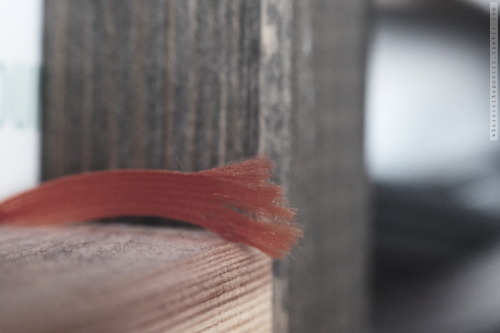Welcome to my humble portfolio. All of the photography on this blog is by me or, rather, what I make of things. I somewhat defy the sense of Tumblr and do not reblog.
911 posts
Scenes From A Quarantine - Kitchen Geometry

scenes from a quarantine - kitchen geometry
-
 cho-yongchul liked this · 4 years ago
cho-yongchul liked this · 4 years ago -
 scatteredthoughts2 liked this · 4 years ago
scatteredthoughts2 liked this · 4 years ago -
 curiokhan0113 liked this · 4 years ago
curiokhan0113 liked this · 4 years ago -
 rodolfo9999 liked this · 4 years ago
rodolfo9999 liked this · 4 years ago -
 amanwithvanishingideas liked this · 4 years ago
amanwithvanishingideas liked this · 4 years ago -
 freedomforeverybody118 liked this · 4 years ago
freedomforeverybody118 liked this · 4 years ago -
 mikefrawley liked this · 4 years ago
mikefrawley liked this · 4 years ago -
 samuli666 liked this · 4 years ago
samuli666 liked this · 4 years ago -
 stevetoppsculpture liked this · 4 years ago
stevetoppsculpture liked this · 4 years ago -
 getcareless liked this · 4 years ago
getcareless liked this · 4 years ago -
 trinns liked this · 4 years ago
trinns liked this · 4 years ago -
 xesusrl liked this · 4 years ago
xesusrl liked this · 4 years ago -
 rivkahhannahsf liked this · 4 years ago
rivkahhannahsf liked this · 4 years ago -
 hiddenportal liked this · 4 years ago
hiddenportal liked this · 4 years ago -
 ted-blogs-blog liked this · 4 years ago
ted-blogs-blog liked this · 4 years ago -
 kneipho reblogged this · 4 years ago
kneipho reblogged this · 4 years ago -
 andrea-arcangel liked this · 4 years ago
andrea-arcangel liked this · 4 years ago -
 jpedrocb1 liked this · 4 years ago
jpedrocb1 liked this · 4 years ago -
 ghostacolytev2 liked this · 4 years ago
ghostacolytev2 liked this · 4 years ago -
 mkhardyphotography liked this · 4 years ago
mkhardyphotography liked this · 4 years ago
More Posts from Whereisthepoetry

scenes from a quarantine
pay me no mind, just horsin’ around with the macro lense

(Man bör lägga märket till att Kierkegaard talar om att ögonblicket “nu” visar sig vara utan plats och använder ett ord som “här” är passande för detta faktum: atopon. Hans framställning kännetäcknas av sitt eget “här” och “nu”. Till skillnad från det ontologiska tid som utpekas hos Platon, är denna kritiska tidpunkt det ögonblick då språket äger rum.) - Aris Fioretos, Anteckningar kring aska, minne spår
(One would do well to recognise that Kierkegaard says that the moment “now” turns out to be without place and uses a word that fits this fact “here”: atopon. His account is characterised by its own “here” and “now”. In contrast to the ontological time that can be found in Platon this critical time is the moment in which language takes place.) - my translation

my curtains almost became the finnish flag this morning

Om det förgångna aldrig varit ett nu, aldrig varit här, kan det inte citeras. Det rör sig inte längre om en historisk förgångenhet som vissa överlevande tecken och textliga lämningar markerar, utan om “en djup dåtid, ett då som aldrig är nog” (Valéry, omnämnd i “Den andres spår”). Det är spåret av en radikal oläsbarhet. - Aris Fioretos, Anteckningar krin aska, minne, spår
If the past never has been a now, never has been here, it cannot be cited. This is no longer a question of a historical past which is marked by certain surviving signs and textual remnants, but “a deep past, a time that is never enough” (Valéry, mentioned in “The Trace of the Other”). It is the trace of a radical unreadability. - my translation [The Trace of the Other is by Emmanuel Levinas]


